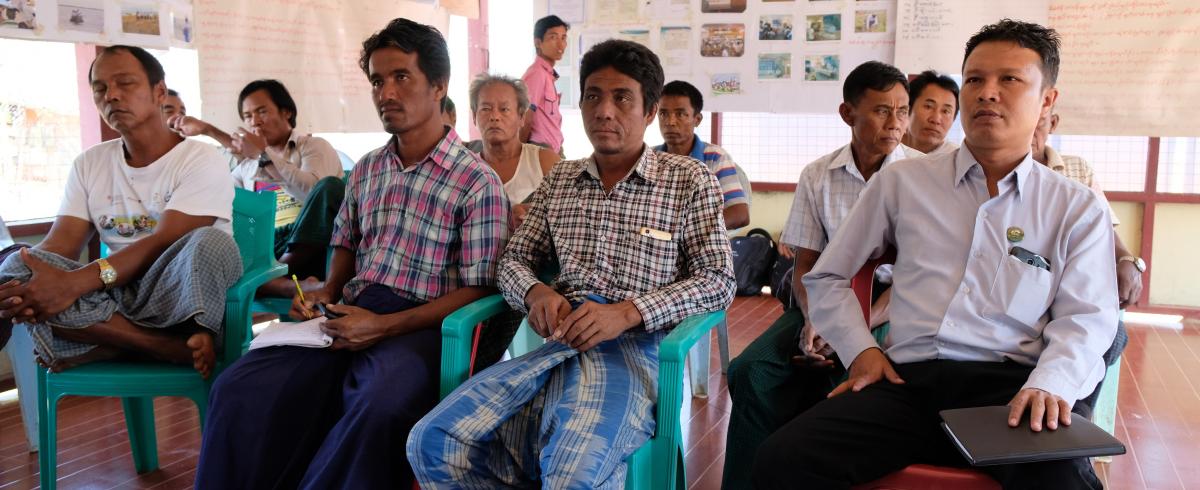A Fishery Manager's Guidebook
Fisheries management is a complex and evolving discipline and much is still being learned about what it involves, what works and what does not. The problem is compounded by the fact that fisheries management as a coherent discipline is still poorly defined and frequently equally poorly understood. This publication strives to identify the primary tasks in management of capture fisheries, with particular emphasis on sustainable utilization of the biological resources, and to demonstrate how these tasks should be integrated and coordinated to obtain the desired benefits from the biological resources in a sustainable and responsible manner.

